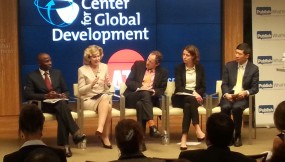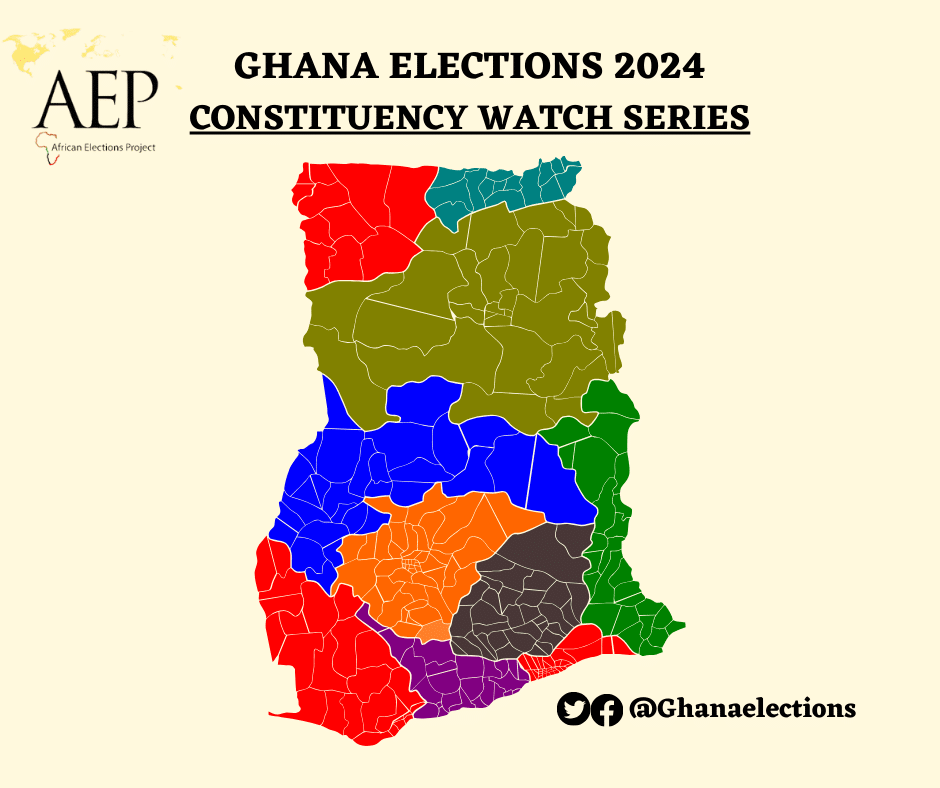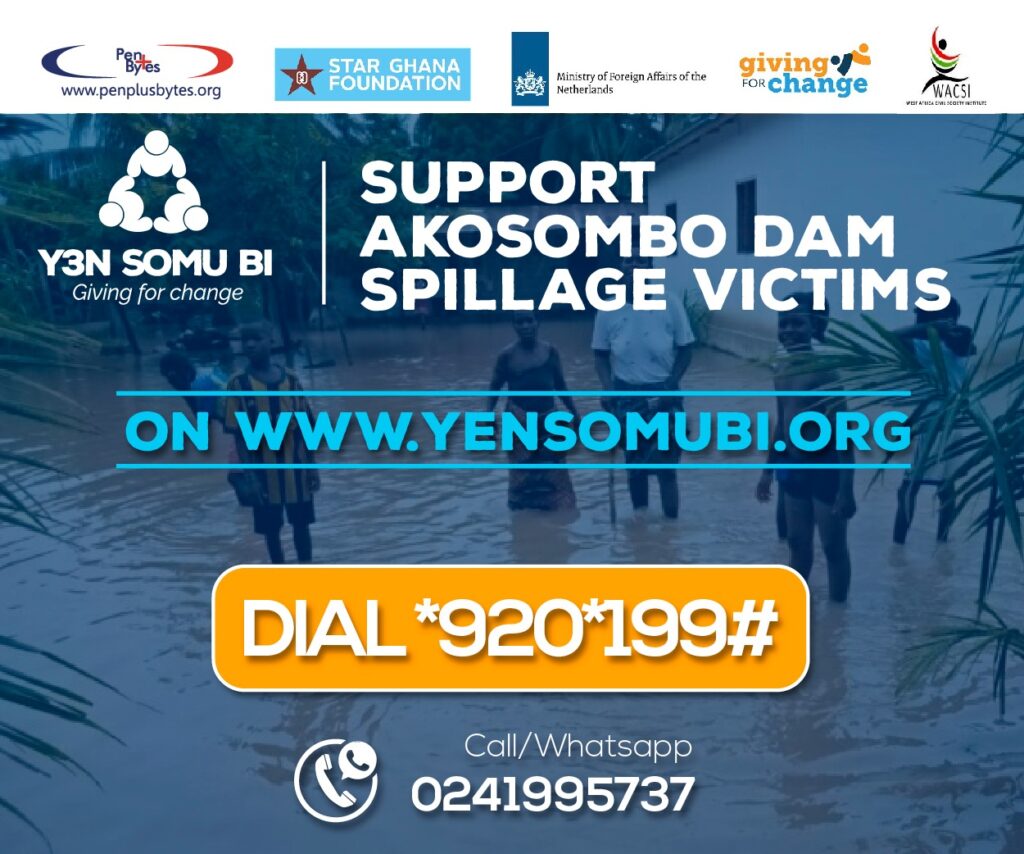Penplusbytes’ Programmes Director, Jeremiah Sam, will join a panel of discussants at the 2016 Aid Transparency Index launch briefing scheduled to take place on Wednesday, April 13th at the Centre for Global Development, Washington DC, USA.
Mr. Sam, together with other expert panelists – Charles Kenny, Senior Fellow, Center for Global Development, Nancy Lee, Deputy CEO, Millennium Challenge Corporation and Michael O’Neill, Assistant Administrator, UN Development Programme, are expected to bring global perspectives on how to improve Aid transparency in development with keen interest in sharing strategies and mechanisms that can ensure that data is improving aid outcomes, and what lessons can be learnt by others.
The event which is jointly organised by Publish What You Fund and the Centre for Global Development “aims to bridge the policy conversations between donors and recipients on transparency, accountability and country ownership through the use of open aid data,” a statement by the organisers read.
The Aid Transparency Index assesses the state of aid transparency among the world’s major donor organisations. The 2016 Aid Transparency Index is the 5th Index produced by Publish What You Fund and ranks 46 donors, accounting for 98% of Official Development Finance between them.
Jeremiah Sam stated that: “As an organisation, we are dedicated to enhancing Transparency and Accountability in all spheres of resource governance and therefore deem this as an opportunity to share and also learn new ideas and experiences to boost efforts at improving the quality and usefulness of aid data.”
Presenting the key note address will be Helen Clark, Administrator, UN Development Programme as Rupert Simons, CEO of Publish What You Fund, presents on the report findings.
The event is expected to host about 150 policy and technical staff from donor agencies, government officials, NGOs, UN agencies, Congress, embassies, and open development and transparency experts, among others.
About
Penplusbytes is a not-for-profit organization driving change through innovations in three key areas: using new digital technologies to enable good governance and accountability, new media and innovations, and driving oversight for effective utilisation of mining, oil and gas revenue and resources.






